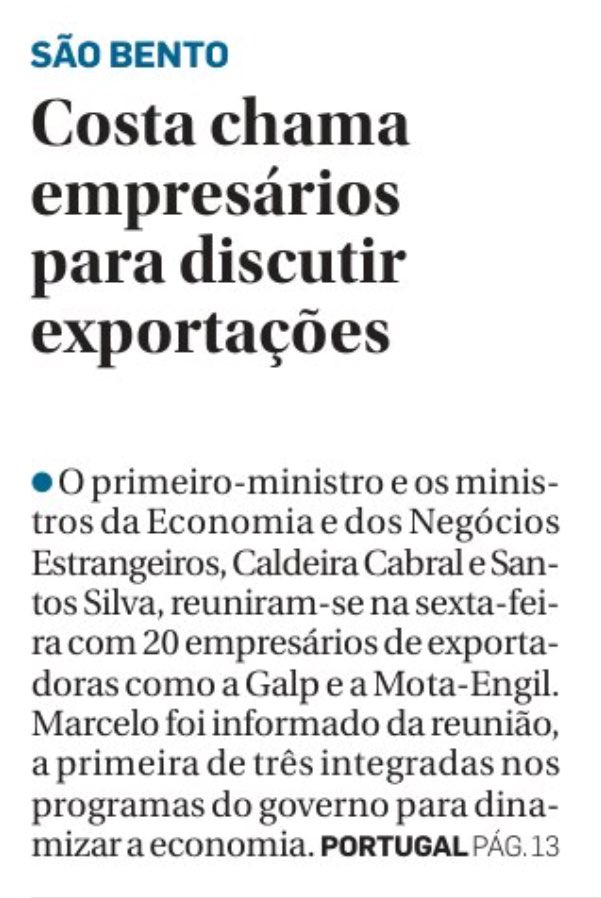"O setor exportador da Região Norte foi capaz de reagir rapidamente à diminuição de actividade sentida em 2009 como consequência da crise internacional. Logo em 2010, as empresas do Norte voltaram a exportar mercadorias num valor relativamente próximo do de 2008 e em 2011 voltaram a ter um crescimento muito acentuado. Entre 2011 e 2015, as exportações do Norte cresceram à taxa média anual de 4,8%. Assim, em 2015 o valor das exportações da Região Norte foi superior ao valor de 2008 em cerca de 33%.[Moi ici: Aprecio a seriedade desta comparação, os "espertinhos" usariam 2009 como referência]
...
O contributo das empresas da Região Norte para o total das exportações portuguesas aumentou em 2014 e em 2015, atingindo 38,8%. A orientação exportadora da Região Norte reforçou-se nos últimos anos, passando de 24,1% em 2009 para 36,2% em 2015, superando os registos anteriores à crise internacional de 2008/2009.
...
constata-se que, desde 2008, as exportações da Região Norte têm evidenciado uma competitividade crescente, logrando alcançar pequenos ganhos de quota em alguns dos principais mercados de exportação."
BTW, no 1º trimestre de 2016:
"A exportação de mercadorias por parte das empresas com sede na Região do Norte abrandou no 1º trimestre de 2016 mas manteve uma tendência positiva, enquanto o total das exportações portuguesas de bens sofreu uma inversão de tendência, observando uma variação homóloga negativa.Trechos retirados de "Relatório Trimestral Norte Conjuntura" relativo ao 1º trimestre de 2016.
.
A informação preliminar disponível indica que as exportações de bens por parte das empresas do Norte registaram, no 1º trimestre de 2016, um crescimento nominal de 4,4%."





















